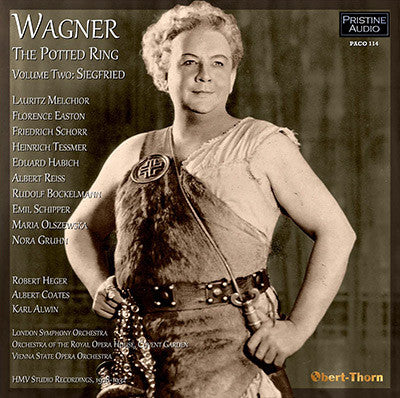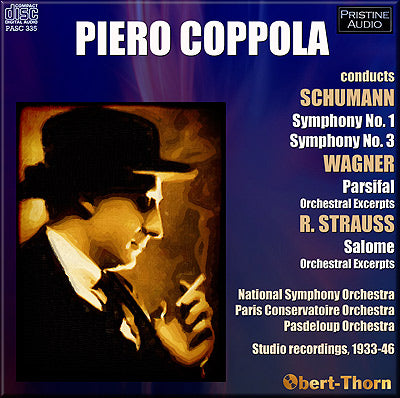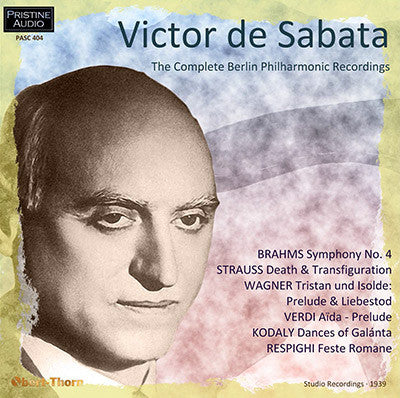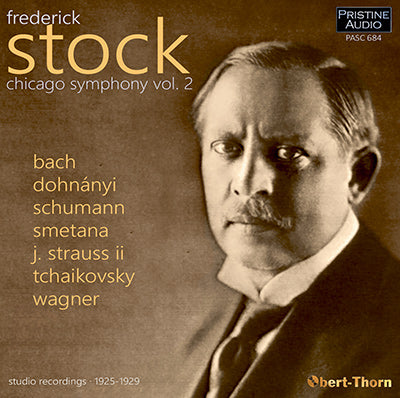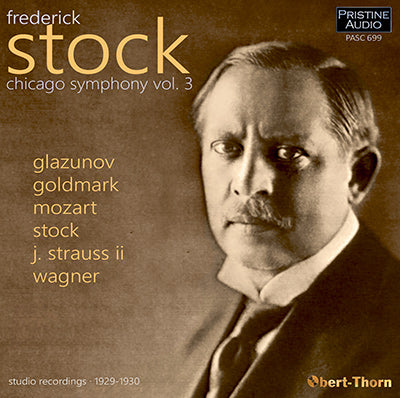Wagner
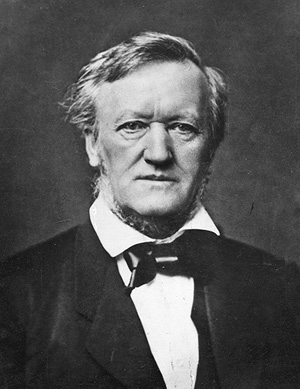
His compositions, particularly those of his later period, are notable for their complex textures, rich harmonies and orchestration, and the elaborate use of leitmotifs—musical phrases associated with individual characters, places, ideas, or plot elements. His advances in musical language, such as extreme chromaticism and quickly shifting tonal centres, greatly influenced the development of classical music. His Tristan und Isolde is sometimes described as marking the start of modern music.
Wagner had his own opera house built, the Bayreuth Festspielhaus, which embodied many novel design features. The Ring and Parsifal were premiered here and his most important stage works continue to be performed at the annual Bayreuth Festival, run by his descendants. His thoughts on the relative contributions of music and drama in opera were to change again, and he reintroduced some traditional forms into his last few stage works, including Die Meistersinger von Nürnberg (The Mastersingers of Nuremberg).
Until his final years, Wagner's life was characterised by political exile, turbulent love affairs, poverty and repeated flight from his creditors. His controversial writings on music, drama and politics have attracted extensive comment, notably, since the late 20th century, where they express antisemitic sentiments. The effect of his ideas can be traced in many of the arts throughout the 20th century; his influence spread beyond composition into conducting, philosophy, literature, the visual arts and theatre.

Wagner
WAGNER The Potted Ring - Volume Two: Siegfried
Studio recordings, 1928-32
Total duration: 2hr 31:10
Heinrich Tessmer ∙ Eduard Habich ∙ Albert Reiss
Rudolf Bockelmann ∙ Emil Schipper ∙ Maria Olszewska ∙ Nora Gruhn
Robert Heger ∙ Albert Coates ∙ Karl Alwin, conductors
SCHUMANN Symphony No. 1
SCHUMANN Symphony No. 3
WAGNER Parsifal - Orchestral excerpts
R. STRAUSS Salome - Orchestral excerpts
Studio recordings, 1933-46
Total duration: 79:32
National Symphony Orchestra
Paris Conservatoire Orchestra
Pasdeloup Orchestra
Piero Coppola, conductor
BRAHMS Symphony No. 4 in E minor
R. STRAUSS Death and Transfiguration
WAGNER Tristan und Isolde: Prelude & Liebestod
VERDI Aïda: Prelude to Act 1
KODALY Dances of Galánta
RESPIGHI Feste Romane
Studio Recordings · 1939
Total duration: 2hr 06:21
Berlin Philharmonic Orchestra
WAGNER Preludes & Orchestral Excerpts
BRAHMS Hungarian Dances
DVOŘÁK Carnival Overture
GOLDMARK In Springtime Overture
J. STRAUSS II Four Waltzes
SUPPÉ Poet And Peasant Overture
THOMAS Mignon Overture
music by Elgar, Sibelius, Handel, Mendelssohn et al
Studio recordings, 1916-1926
Total duration: 2hr 30:36
Chicago Symphony Orchestra
conducted by Frederick Stock
BACH Orchestral Suite No. 2
DOHNÁNYI Suite in F-sharp minor
SCHUMANN Symphony No., "Spring"
TCHAIKOVSKY Symphony No. 5
music by Dvořák, Glazunov, Glinka, Smenata, Strauss, Suk, Wagner
Studio recordings, 1925-29
Total duration: 2hr 34:06
Chicago Symphony Orchestra
conducted by Frederick Stock
GLAZUNOV Les ruses d’amour
MOZART Symphony No. 40
J. STRAUSS II Emperor Waltz
WAGNER Tannhäuser – Fest March
WAGNER Lohengrin – Prelude to Act 3
GOLDMARK The Queen of Sheba – Ballet Music
STOCK Symphonic Waltz, Op. 8
Studio recordings, 1929-1930
Total duration: 67:21
Chicago Symphony Orchestra
conducted by Frederick Stock

